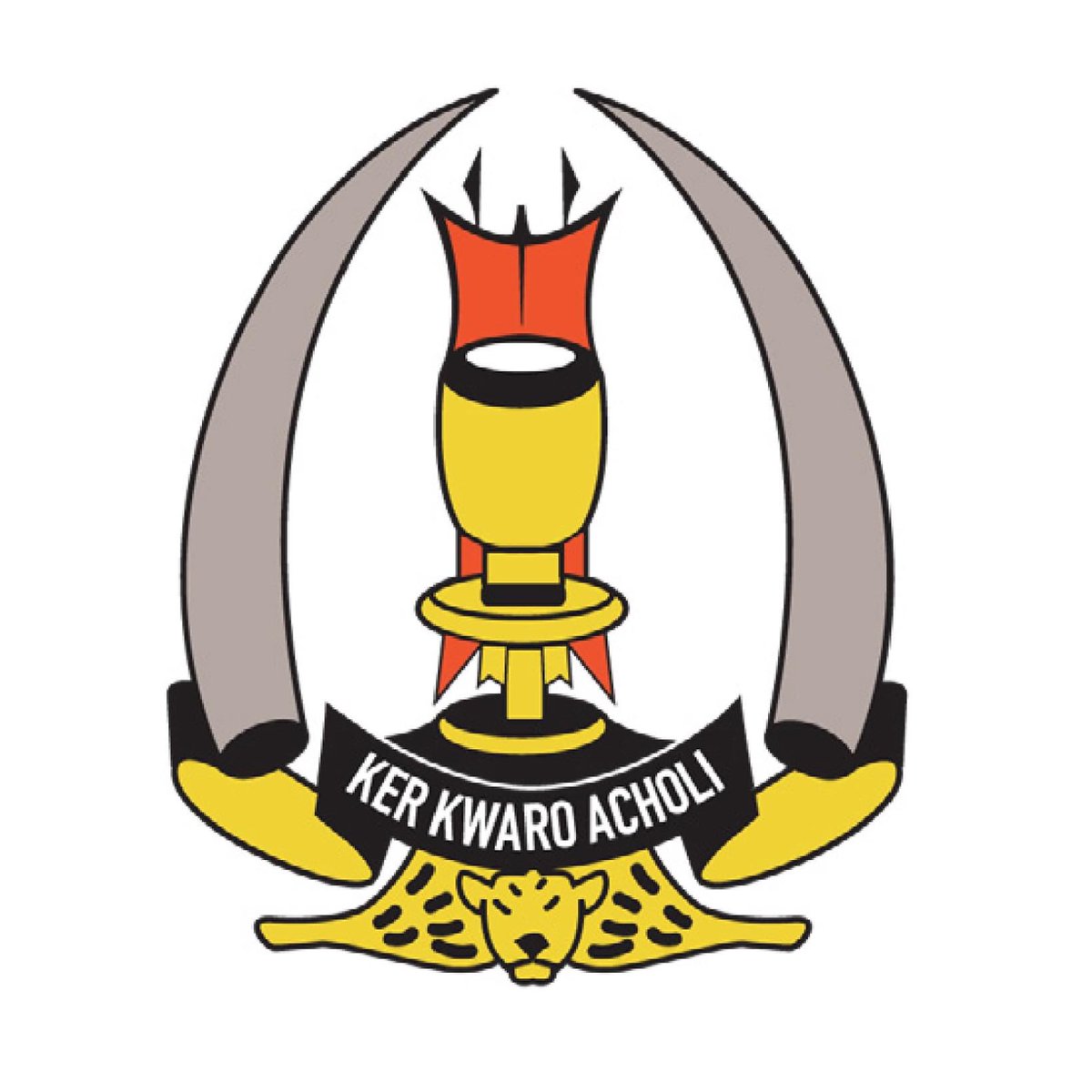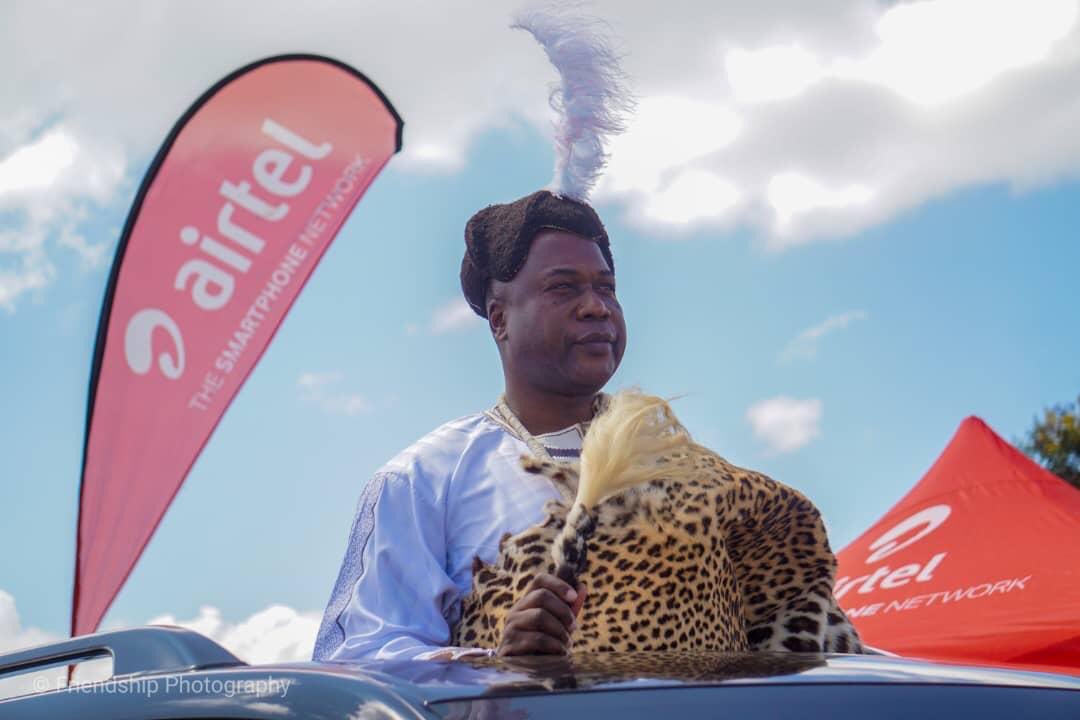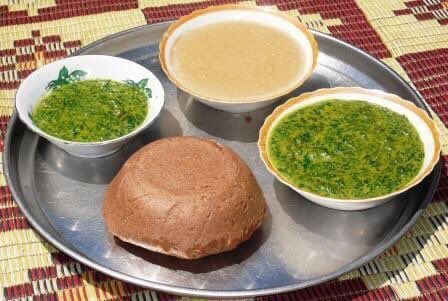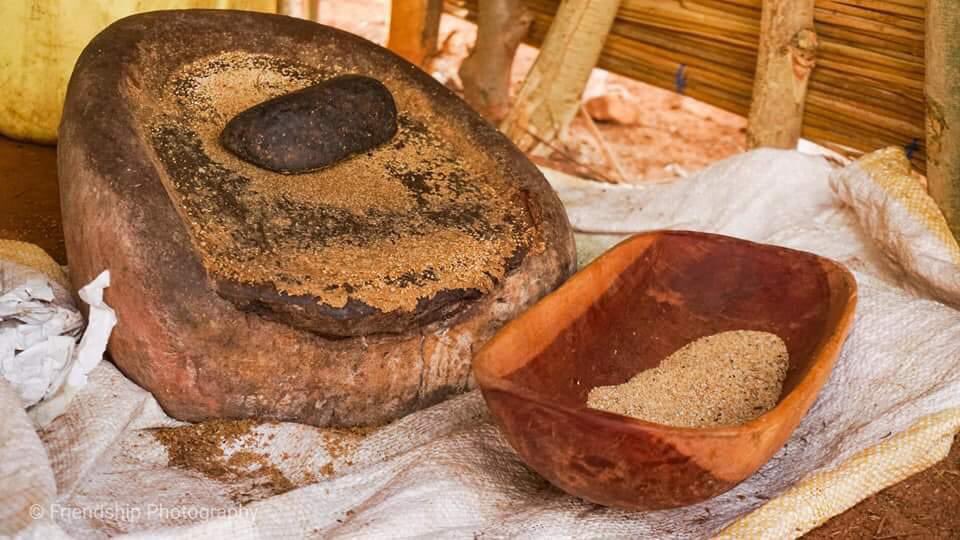ACHOLI OYEE  https://abs.twimg.com/emoji/v2/... draggable="false" alt="🇺🇬" title="Flagge von Uganda" aria-label="Emoji: Flagge von Uganda">
https://abs.twimg.com/emoji/v2/... draggable="false" alt="🇺🇬" title="Flagge von Uganda" aria-label="Emoji: Flagge von Uganda"> https://abs.twimg.com/emoji/v2/... draggable="false" alt="🇺🇬" title="Flagge von Uganda" aria-label="Emoji: Flagge von Uganda">
https://abs.twimg.com/emoji/v2/... draggable="false" alt="🇺🇬" title="Flagge von Uganda" aria-label="Emoji: Flagge von Uganda"> https://abs.twimg.com/emoji/v2/... draggable="false" alt="🇺🇬" title="Flagge von Uganda" aria-label="Emoji: Flagge von Uganda">
https://abs.twimg.com/emoji/v2/... draggable="false" alt="🇺🇬" title="Flagge von Uganda" aria-label="Emoji: Flagge von Uganda">
The Acholi motto is “RIBBE AYE TEKO” which translates to “Unity is Strength”
The Acholi Tribe is a Luo Nilotic ethnic group from Northern Uganda covering the districts of Agago, Amuru, Gulu, Kitgum, Lamwo, Nwoya, Omoro and Pader.
The Acholi motto is “RIBBE AYE TEKO” which translates to “Unity is Strength”
The Acholi Tribe is a Luo Nilotic ethnic group from Northern Uganda covering the districts of Agago, Amuru, Gulu, Kitgum, Lamwo, Nwoya, Omoro and Pader.
The Acholi land sits on vast tracts of fertile land interceded by undulating plains, valleys, rivers and mountains. It has both aspects of woodland and savannah grassland covering most of the land. It is thus a burgeon of beauty and serenity (video was taken in Lamwo District).
LANGUAGE
The language spoken within the Acholi tribe is called Leb Luo/ Leb Acholi. Acholi is a tonal language.
Interesting fact: The Acholi alphabet only consists of 21 letters.
The language spoken within the Acholi tribe is called Leb Luo/ Leb Acholi. Acholi is a tonal language.
Interesting fact: The Acholi alphabet only consists of 21 letters.
KER KWARO ACHOLI
Over the years the Acholi community have built its society upon strong foundational values such as respect, hard work, hospitality, loyalty and pride for their culture and heritage.
Over the years the Acholi community have built its society upon strong foundational values such as respect, hard work, hospitality, loyalty and pride for their culture and heritage.
The current Lawirwodi (paramount chief) of the Acholi tribe is Rwot Onen David Acana II of the Payira clan (pictured below). He has been the Lawirwodi since 2005 taking on from his late father Rwot Justine Acana I. There are 57 sub-clans which are all headed by Rwodis.
TRADITIONAL DANCES
Within the Acholi culture different dances are used for different purposes. The Acholi culture is expressed in songs, music and dance.
Within the Acholi culture different dances are used for different purposes. The Acholi culture is expressed in songs, music and dance.
A few names of the traditional dances are : Bwola, Larakaraka, Dingi Dingi, Otole, Apiti, Myel Lacukucuku and many others. Here’s a link to a video displaying all the traditional dances : https://youtu.be/R838J_KafwE ">https://youtu.be/R838J_Kaf...
BWOLA DANCE
The Bwola dance is the most important. This dance is performed in the presence of Rwot ( the chief). Men form a large circle and each of them carries a drum. The movement of the feet matches rhythmically with the beating of drums. The women dance separately inside.
The Bwola dance is the most important. This dance is performed in the presence of Rwot ( the chief). Men form a large circle and each of them carries a drum. The movement of the feet matches rhythmically with the beating of drums. The women dance separately inside.
NYOM ACHOLI (TRADITIONAL MARRIAGE)
In Acholi culture, marriage is a lengthy process. It begins by courting until the young man wins the girl& #39;s consent. He goes to her father and pays a small installment of dowry [otongo keny] after which the pair is considered betrothed.
In Acholi culture, marriage is a lengthy process. It begins by courting until the young man wins the girl& #39;s consent. He goes to her father and pays a small installment of dowry [otongo keny] after which the pair is considered betrothed.
This may last for a long time depending on the final completion of dowry payment after which the bride& #39;s status changes from girl [nyako] and becomes a house wife [dako ot]. Acholi dowry is traditionally settled in cows, goats, spears, money and other items.
However, the girl’s dowry differ if she descends directly from the royal clan on her paternal side - in which additional items may be asked to be brought by the guy’s family.
ACHOLI NAMES
Within the Acholi culture children are named based on physical events to the parents at time of birth or present day event occurrence such as season, weather, famine, plenty harvest, war, peace etc.
Within the Acholi culture children are named based on physical events to the parents at time of birth or present day event occurrence such as season, weather, famine, plenty harvest, war, peace etc.
For example, if a child was born during the rainy season, in Luo the word for rain is “kot”. A boy would take the name “Okot” and a girl would take the name “Akot”.
ACHOLI FOOD
The Acholi tribe has a wide variety of dishes such as Malakwang, Dek Ngoo, Kwon Kal, Dek Boo and many others.
The Acholi tribe has a wide variety of dishes such as Malakwang, Dek Ngoo, Kwon Kal, Dek Boo and many others.
Malakwang is a vegetable with sour leaves that is highly popular in Acholiland. Only the Acholi have the unique way of preparing this dish. It is normally boiled in water with tomatoes and later odii (peanut butter) is added. It is served best with layata (sweet potatoes).
Dek Ngoo is prepared by crushing the guinea peas on a grinding stone after which it’s carefully cleaned & sorted. It is then boiled in water - soda ash is added to speed the cooking process. Once ready it takes the form of a creamy porridge like texture. It’s Served with kwon.
Dek Boo is cooked with Otigo(Okra), or a vegetable called Otigo Lwaka, fresh tomatoes salt and kado atona
(bicarbonate of soda) and then mixed with odii (peanut butter). Some prefer to eat it without peanut butter.
(bicarbonate of soda) and then mixed with odii (peanut butter). Some prefer to eat it without peanut butter.

 Read on Twitter
Read on Twitter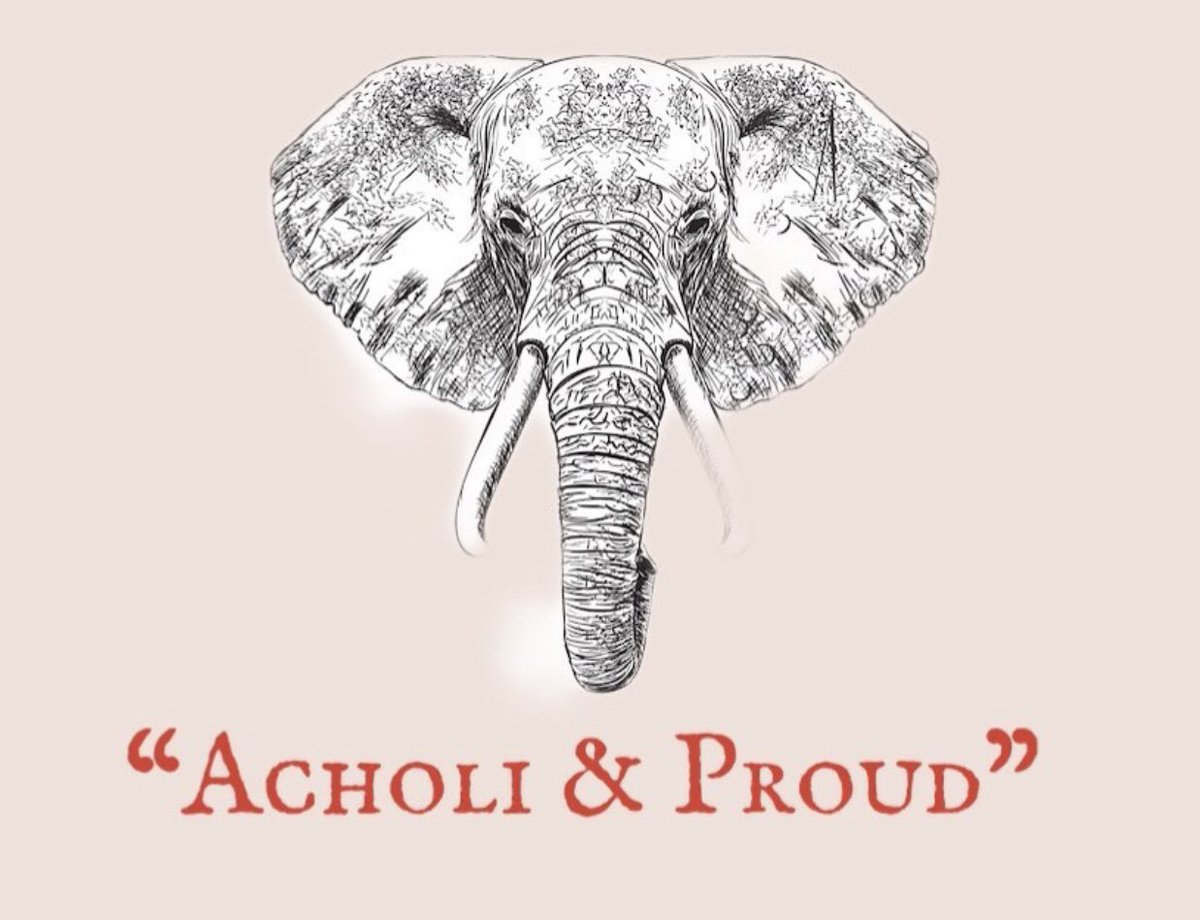 https://abs.twimg.com/emoji/v2/... draggable="false" alt="🇺🇬" title="Flagge von Uganda" aria-label="Emoji: Flagge von Uganda">https://abs.twimg.com/emoji/v2/... draggable="false" alt="🇺🇬" title="Flagge von Uganda" aria-label="Emoji: Flagge von Uganda">The Acholi motto is “RIBBE AYE TEKO” which translates to “Unity is Strength”The Acholi Tribe is a Luo Nilotic ethnic group from Northern Uganda covering the districts of Agago, Amuru, Gulu, Kitgum, Lamwo, Nwoya, Omoro and Pader." title="ACHOLI OYEE https://abs.twimg.com/emoji/v2/... draggable="false" alt="🇺🇬" title="Flagge von Uganda" aria-label="Emoji: Flagge von Uganda">https://abs.twimg.com/emoji/v2/... draggable="false" alt="🇺🇬" title="Flagge von Uganda" aria-label="Emoji: Flagge von Uganda">https://abs.twimg.com/emoji/v2/... draggable="false" alt="🇺🇬" title="Flagge von Uganda" aria-label="Emoji: Flagge von Uganda">The Acholi motto is “RIBBE AYE TEKO” which translates to “Unity is Strength”The Acholi Tribe is a Luo Nilotic ethnic group from Northern Uganda covering the districts of Agago, Amuru, Gulu, Kitgum, Lamwo, Nwoya, Omoro and Pader.">
https://abs.twimg.com/emoji/v2/... draggable="false" alt="🇺🇬" title="Flagge von Uganda" aria-label="Emoji: Flagge von Uganda">https://abs.twimg.com/emoji/v2/... draggable="false" alt="🇺🇬" title="Flagge von Uganda" aria-label="Emoji: Flagge von Uganda">The Acholi motto is “RIBBE AYE TEKO” which translates to “Unity is Strength”The Acholi Tribe is a Luo Nilotic ethnic group from Northern Uganda covering the districts of Agago, Amuru, Gulu, Kitgum, Lamwo, Nwoya, Omoro and Pader." title="ACHOLI OYEE https://abs.twimg.com/emoji/v2/... draggable="false" alt="🇺🇬" title="Flagge von Uganda" aria-label="Emoji: Flagge von Uganda">https://abs.twimg.com/emoji/v2/... draggable="false" alt="🇺🇬" title="Flagge von Uganda" aria-label="Emoji: Flagge von Uganda">https://abs.twimg.com/emoji/v2/... draggable="false" alt="🇺🇬" title="Flagge von Uganda" aria-label="Emoji: Flagge von Uganda">The Acholi motto is “RIBBE AYE TEKO” which translates to “Unity is Strength”The Acholi Tribe is a Luo Nilotic ethnic group from Northern Uganda covering the districts of Agago, Amuru, Gulu, Kitgum, Lamwo, Nwoya, Omoro and Pader.">
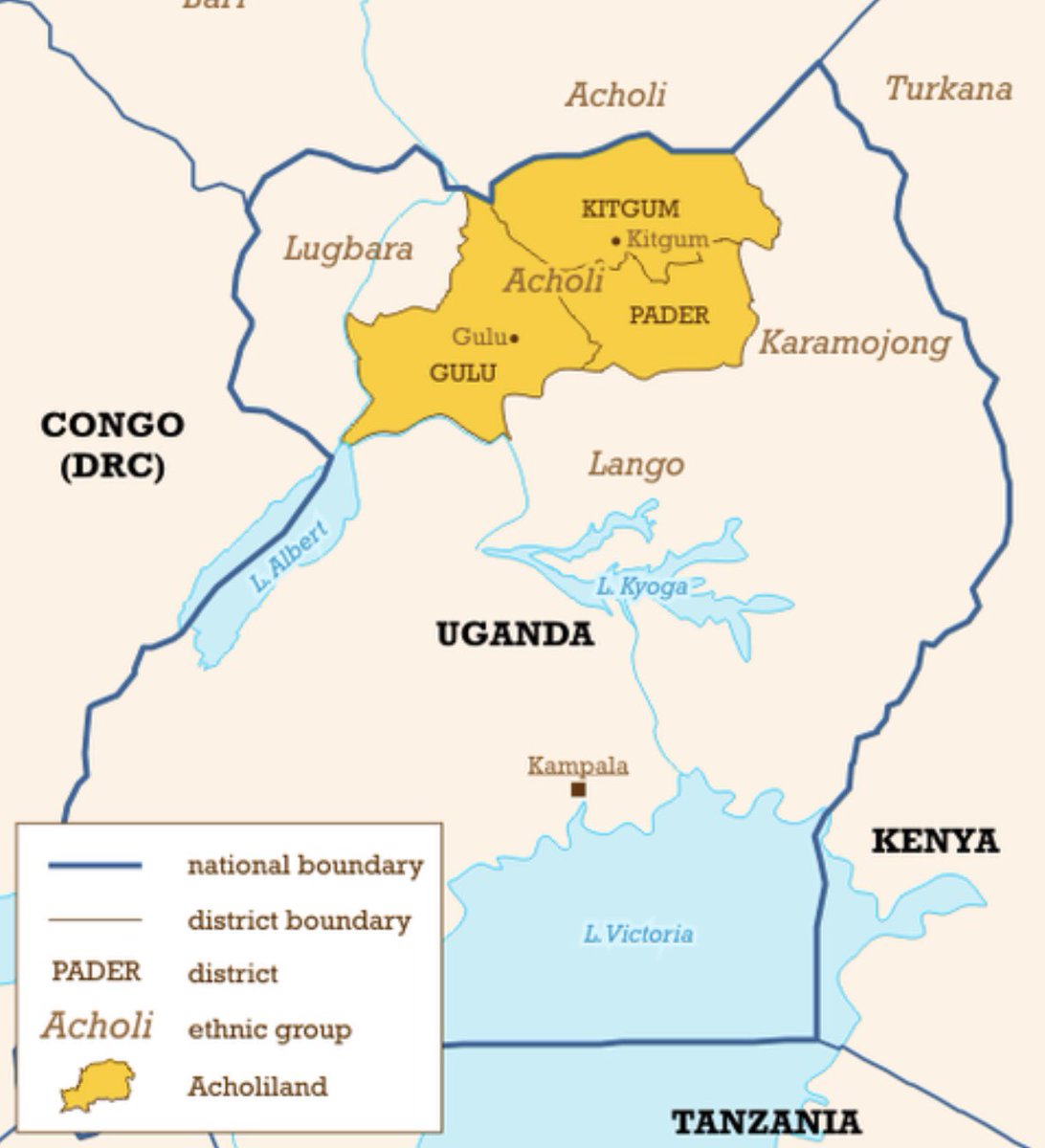 https://abs.twimg.com/emoji/v2/... draggable="false" alt="🇺🇬" title="Flagge von Uganda" aria-label="Emoji: Flagge von Uganda">https://abs.twimg.com/emoji/v2/... draggable="false" alt="🇺🇬" title="Flagge von Uganda" aria-label="Emoji: Flagge von Uganda">The Acholi motto is “RIBBE AYE TEKO” which translates to “Unity is Strength”The Acholi Tribe is a Luo Nilotic ethnic group from Northern Uganda covering the districts of Agago, Amuru, Gulu, Kitgum, Lamwo, Nwoya, Omoro and Pader." title="ACHOLI OYEE https://abs.twimg.com/emoji/v2/... draggable="false" alt="🇺🇬" title="Flagge von Uganda" aria-label="Emoji: Flagge von Uganda">https://abs.twimg.com/emoji/v2/... draggable="false" alt="🇺🇬" title="Flagge von Uganda" aria-label="Emoji: Flagge von Uganda">https://abs.twimg.com/emoji/v2/... draggable="false" alt="🇺🇬" title="Flagge von Uganda" aria-label="Emoji: Flagge von Uganda">The Acholi motto is “RIBBE AYE TEKO” which translates to “Unity is Strength”The Acholi Tribe is a Luo Nilotic ethnic group from Northern Uganda covering the districts of Agago, Amuru, Gulu, Kitgum, Lamwo, Nwoya, Omoro and Pader.">
https://abs.twimg.com/emoji/v2/... draggable="false" alt="🇺🇬" title="Flagge von Uganda" aria-label="Emoji: Flagge von Uganda">https://abs.twimg.com/emoji/v2/... draggable="false" alt="🇺🇬" title="Flagge von Uganda" aria-label="Emoji: Flagge von Uganda">The Acholi motto is “RIBBE AYE TEKO” which translates to “Unity is Strength”The Acholi Tribe is a Luo Nilotic ethnic group from Northern Uganda covering the districts of Agago, Amuru, Gulu, Kitgum, Lamwo, Nwoya, Omoro and Pader." title="ACHOLI OYEE https://abs.twimg.com/emoji/v2/... draggable="false" alt="🇺🇬" title="Flagge von Uganda" aria-label="Emoji: Flagge von Uganda">https://abs.twimg.com/emoji/v2/... draggable="false" alt="🇺🇬" title="Flagge von Uganda" aria-label="Emoji: Flagge von Uganda">https://abs.twimg.com/emoji/v2/... draggable="false" alt="🇺🇬" title="Flagge von Uganda" aria-label="Emoji: Flagge von Uganda">The Acholi motto is “RIBBE AYE TEKO” which translates to “Unity is Strength”The Acholi Tribe is a Luo Nilotic ethnic group from Northern Uganda covering the districts of Agago, Amuru, Gulu, Kitgum, Lamwo, Nwoya, Omoro and Pader.">
